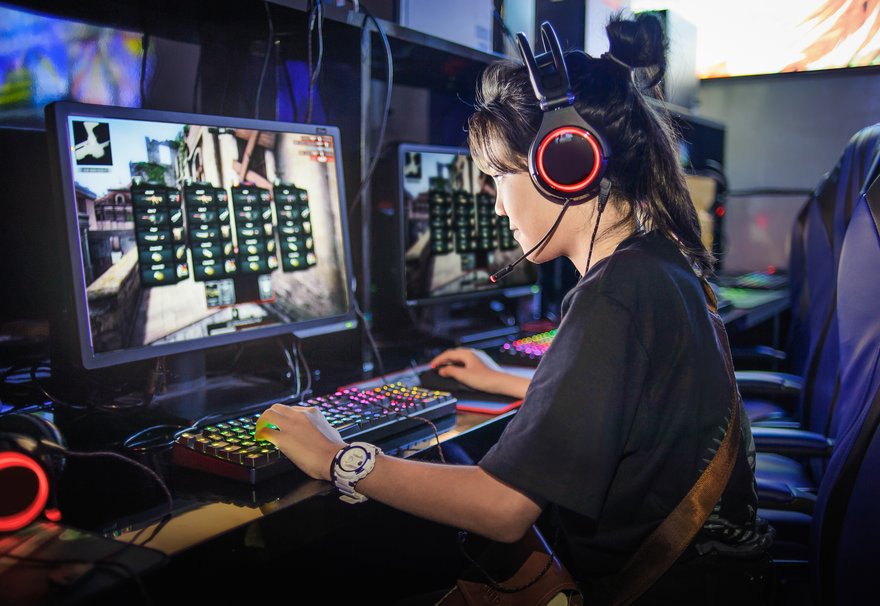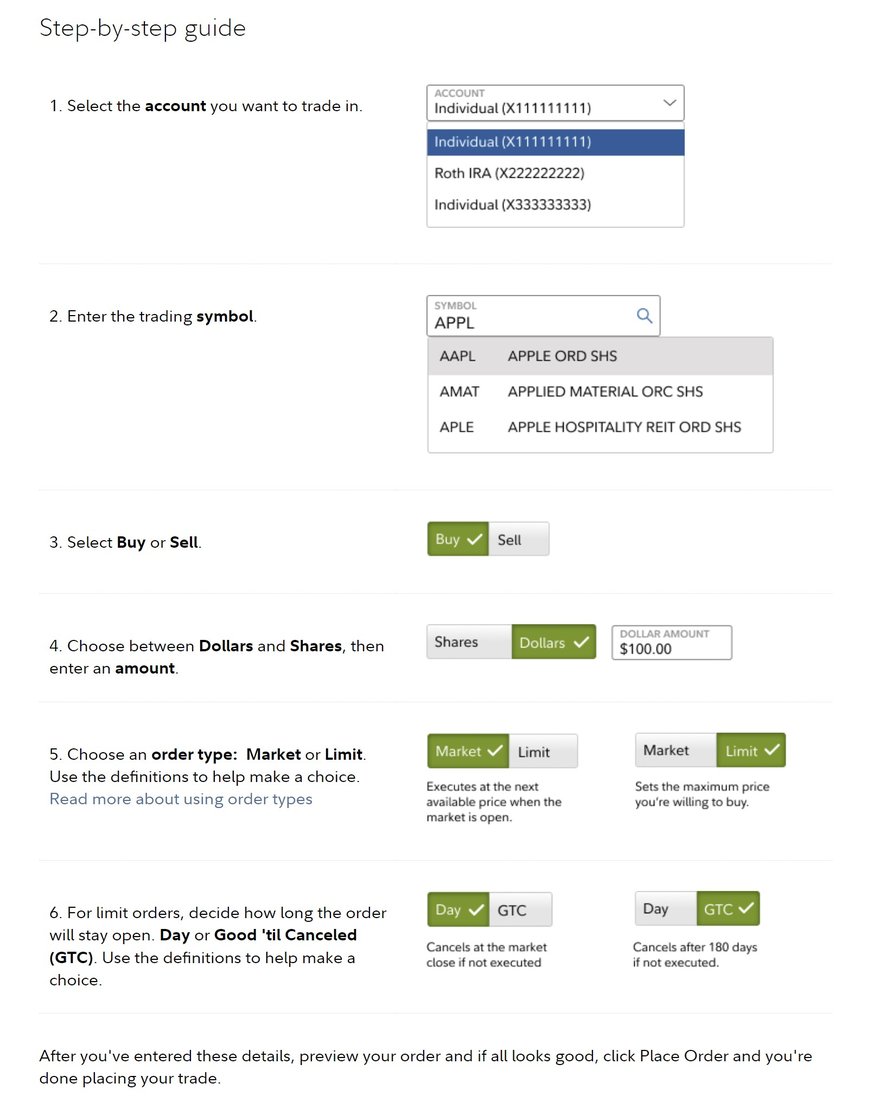Valve Software has become to gamers what the Apple (AAPL 0.51%) Store is to TV, movie, and music fans. The privately held company, created in 1996 on a co-founder's wedding day, rose to the top of the heap with its 1998 release of Half-Life and its 2003 unveiling of Steam, a massive online gaming store. Here, we'll look at Valve's history, its prospects for launching an initial public offering (IPO), possible alternatives to buying Valve stock, and the financial status of the gaming titan.
IPO
Publicly traded?
Is Valve publicly traded?
Valve is a privately held company created in 1996 by Gabe Newell and Mike Harrington, a pair of former Microsoft (MSFT 1.3%) employees. Newell remains president of the company.

He dropped out of Harvard to spend 13 years as an early employee of the software giant, working on its ground-breaking operating system, Microsoft Windows. He also helped develop a way to play the Id Software smash hit Doom on Windows 95 along the way.
The new software company modified Id's Doom 3D engine to build its first release, Half-Life. The game broke new ground as a first-person shooter (FPS), creating a narrative that featured exquisite animation, detailed dialogue, and artificial intelligence (AI).
Half-Life was played through the eyes of Gordon Freeman, a theoretical physicist at the Black Mesa Research Facility who must repel a horde of aliens swarming through the area after an experiment went wrong. The game received rapturous reviews, with one critic arguing that Half-Life was "not just one of the best games of the year. It's one of the best games of any year."
Valve had anticipated selling 180,000 copies of the game; within a decade, it had sold 9.3 million copies. The company followed up with a series of six games between 1999 and 2020, all built around the Freeman saga and, eventually, with its own engine. It also developed popular games such as Counter-Strike, Portal, Team Fortress 2, and Dota 2.
Harrington left the company in 2000 to spend time with his family, but under Newell, Valve continued to develop new products, including its Steam online platform in 2003. Initially designed to be a repository for Valve game updates, the company began offering third-party titles. Its popularity grew, and Steam now serves 132 million monthly active users in 249 countries and supports 28 core languages.
Steam's success has allowed Valve to cultivate a unique management style that includes no actual managers with authority. After finishing Half-Life 2 in 2004 -- another enormous success, with 12 million copies sold by 2011 -- Newell shifted the organization's structure to a flat, open-allocation system that allowed employees to work on projects they chose rather than jobs they were assigned.
The company has also branched out into computer hardware, with an unsuccessful attempt at selling a hybrid console/personal computer dubbed the Steam Box in 2015, expanding the Freeman saga with the virtual reality (VR) game Half-Life: Alyx in 2020, and releasing a well-received handheld hybrid game console, the Steam Deck, in 2022.
Since it's not publicly traded, Valve doesn't have to release detailed financial data. A March 2024 Bloomberg analysis estimated the company's value at $6.9 billion.
When will it IPO?
When will Valve IPO?
As long as Newell remains in charge of the company, analysts expect Valve to remain privately held "until he is incapable," in the words of one analyst. In other words, don't look for it on the calendar of upcoming IPOs any time soon.
If the notoriously private company does have shares of stock, they're likely in the form of profit-sharing for its employees, with revenue also being spent on research and development.
Stock
How to buy
How to buy Valve stock
Since it's not a publicly traded company -- or even considering an IPO -- you can't buy stock in Valve. Fortunately for video game investors, there are several publicly traded companies in the industry. Here are three that video game fans might consider.
Electronic Arts
Redwood City, California-based Electronic Arts (EA 1.17%), founded in 1982 by a former Apple employee, has developed some of the most popular games of the last decade. That includes Battlefield, Command & Conquer, Mass Effect, Star Wars, and sports titles like Madden NFL, NBA Live, and FIFA. It also operates major studios, including DICE, which was acquired in 2006, and BioWare, acquired the next year.
The video game developer has a market capitalization of $35 billion and posted $802 million in net income on $7.24 billion in revenue for its 2023 year. It also posted free cash flow of $1.34 billion, a 21.5% decline from the previous year.
Take-Two Interactive Software
New York-based Take-Two Interactive (TTWO 0.35%) is the second-largest publicly traded game developer in the Americas and Europe. It holds two extremely popular labels: Rockstar Games and 2K. The company's portfolio includes franchises such as BioShock, Borderlands, Grand Theft Auto (GTA), NBA 2K, and Red Dead.
The game company has a market cap of $25.5 billion. It reported a $1.1 billion loss in its fiscal year ending in March 2023 on revenue of $5.35 billion. That was after taking a $465.3 million hit for intangible assets from acquisitions and another $79.1 million in development costs for canceled and unreleased titles. However, Take-Two expects to rebound in its 2025 fiscal year with the release of another GTA game.

Microsoft
Gaming might not be the first product that comes to mind when you think of the Redmond, Washington-based software and cloud-computing giant. But Microsoft has made waves with its video game development since launching its Xbox console in 2001.
Most recently, it acquired Activision Blizzard in 2023 for $68.7 billion, adding Call of Duty, Crash Bandicoot, Guitar Hero, World of Warcraft, and Candy Crush Saga to its stable. By one measure, Microsoft is the biggest company in the world, with a market capitalization of $3.1 trillion. The company reported 2023 net income of $72.4 billion on revenue of $211.9 billion, a 0.5% decline from the previous year.
You'll need a brokerage account to buy shares of any publicly traded companies. If you still need to open one, these are some of the best-rated brokers and trading platforms. Here's a step-by-step guide to buying stock using the five-star-rated Fidelity platform.
Fidelity makes it easy to buy stocks. Its website offers a video tutorial and a step-by-step guide. Here's a screenshot of how to place a stock trade with Fidelity:

On this page, fill out all the relevant information, including:
- The number of shares you want to buy or the amount you want to invest to purchase fractional shares.
- The ticker symbol (EA for Electronic Arts, TTWO for Take-Two Interactive, or MSFT for Microsoft).
- Whether you want to place a limit order or a market order. The Motley Fool recommends using a market order since it guarantees you buy shares immediately at market price.
You'll need to figure out your budget before you hit the button to place an order. Are you in a position to invest in the market? Have you paid down high-interest credit card balances and created an emergency fund? How much can you spend? Do you want to buy all your stock at once or periodically with dollar-cost averaging? These are all very good questions for investors to ask -- and answer.
As with any other investment, there's a short answer to why you might consider investing in this stock: It depends. Factors that might affect your decision include portfolio diversification, personal risk tolerance, company and industry knowledge, and an assessment of your potential stock's competitive position.
If you've decided the pros of investing in the company outweigh the cons, complete the order page, click the Place Order button, and become a shareholder in one of these video game titans.
ETF options
ETFs with exposure to Valve
Since Valve isn't publicly traded, it's not a holding for any exchange-traded fund (ETF). However, a few funds focus on video game developers.
The VanEck Vectors Video Gaming and eSports ETF (ESPO -0.5%) holds only 27 stocks, with about two-thirds devoted to large-cap companies. Its top shares are Tencent Holdings (TCEHY 1.01%), with 9.2% of fund assets; Advanced Micro Devices (AMD -8.9%), accounting for 7.1%; and NetEase (NTES 0.97%), a Chinese game services provider comprising 6.8%.
The fund also has holdings in Electronic Arts and Take-Two and has an expense ratio of 0.56%, meaning you'd pay $5.60 for every $1,000 invested.
The Global X Video Games & Esports ETF (HERO 0.56%) has holdings in Electronic Arts and Take-Two. However, of its 42 holdings, the three biggest are AppLovin (APP -0.75%), a mobile tech firm specializing in the marketing, monetization, and publishing of applications, comprising 7.5% of the ETF's net assets; NetEase, which accounts for 6.2% of net assets; and International Games System, a Taiwan-based provider of online game services and technologies, making up 5.8% of the fund's net assets. It reports an expense ratio of 0.5%.
The Roundhill BITKRAFT Esports & Digital Entertainment ETF's (NERD 0.41%) largest holding is Nintendo (NTDOY -1.05%), at 16%. That's almost twice the size of its No. 2 holding, Electronic Arts, at 8.7%, or No. 3 holding, Take-Two, comprising about 7.3% of its assets.
With an expense ratio of 0.5%, it is designed to match the performance of the Nasdaq CTA Global Video Games Software Index. The ETF, which holds 36 stocks, has $19 million in assets under management, and its managers believe the global gaming market will top $205 billion by 2025.
Related investing topics
The bottom line on Valve Software
Video game developers reaped big benefits during the COVID-19 pandemic when millions of people were locked down in homes with little entertainment. The boost from the pandemic has subsided, but if it ever goes public, Valve Software might be a good option for investors seeking to diversify their portfolio.
As always, consider your financial goals and risk tolerance, especially for an IPO stock likely to suffer ups and downs. The video game market can be extremely cyclical, and Valve's investment style may raise concerns among more traditional investors.
FAQ
Investing in Valve FAQ
Will Valve ever IPO?
Never say never, but it wouldn't be wise to hold your breath waiting for a Valve IPO. The company is closely held and doesn't seem inclined to go public.
Can I buy shares in Steam?
No. Steam is owned by Valve, which is not a publicly traded company.
What is Valve's stock market symbol?
Valve isn't publicly traded, so it doesn't have a stock market ticker.
How profitable is Valve?
Since Valve isn't publicly traded, it doesn't have to report detailed financial information to the public. Bloomberg estimated its value at $6.9 billion in March 2024.
Who owns most of Valve?
The privately held company isn't required to disclose financial data, but it's assumed that co-founder Gabe Newell, who has been with the company since its 1996 inception, owns at least 50.1% of Valve.


































































































































































































































